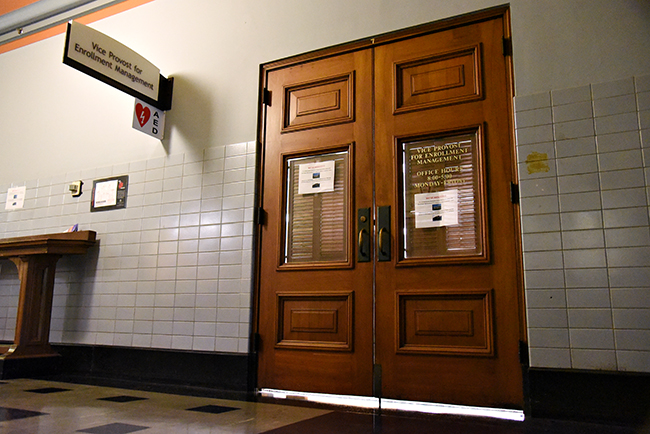On Sept. 8, the Austin American-Statesman published a story detailing the criminal record of two brothers, Glen and Darren Gay, who were convicted of assaulting a gay man in 2004, which police labeled a hate crime. According to the Statesman, the arrest affidavit said the two men tied the victim down and physically and sexually assaulted him. In 2011, these two men were hired by the University — Glen Gay as a volunteer research assistant and Darren Gay as a teaching assistant while a graduate student.
Although the University does not conduct background checks on student applicants, in 2011 it began conducting background checks for potential employees.
According to J.B. Bird, director of media outreach, anyone who has served prison time for or been convicted of a certain type of felony within the last seven years is generally not allowed to work at the University. This includes violent crimes, sex crimes and drug crimes. The Statesman reported that Darren Gay was sentenced in 2005, served over three years and ended his parole in 2011 — ten months before the College of Natural Sciences hired him.
Six days have passed since the Statesmen broke the news of Darren and Glen Gay’s employment. Since then, the Dean of Students, the Office of Graduate Admissions and the Division of Student Affairs have declined to or claimed to be unqualified to comment on the story to the Texan. When asked what the University would change to avoid similar situations in the future, Bird was unable to provide an answer, even after consulting the University Human Resources Department.
Teaching assistants work closely with students — not only through teaching and mentoring through office hours but also grading. The University should not have viewed Darren Gay, who was an undergraduate at UT at the time of the attack, as qualified to work with these students.
Did UT know of his involvement in the assault and hire him regardless, or did the background check not provide them with enough details?
If the background check process is incapable of notifying University employers of these details, it needs to be fixed for the sake of campus safety. If not, the University needs to be able to comment on and defend the process.
The administrative complacency could very well be occurring in a multitude of other instances. The students need to be able to trust the staff and those who hire them. Allowing these men to teach students after committing what police called a hate crime is worthy of condemnation. The University owes students much more than this recklessness, and at the very least, an explanation.
















